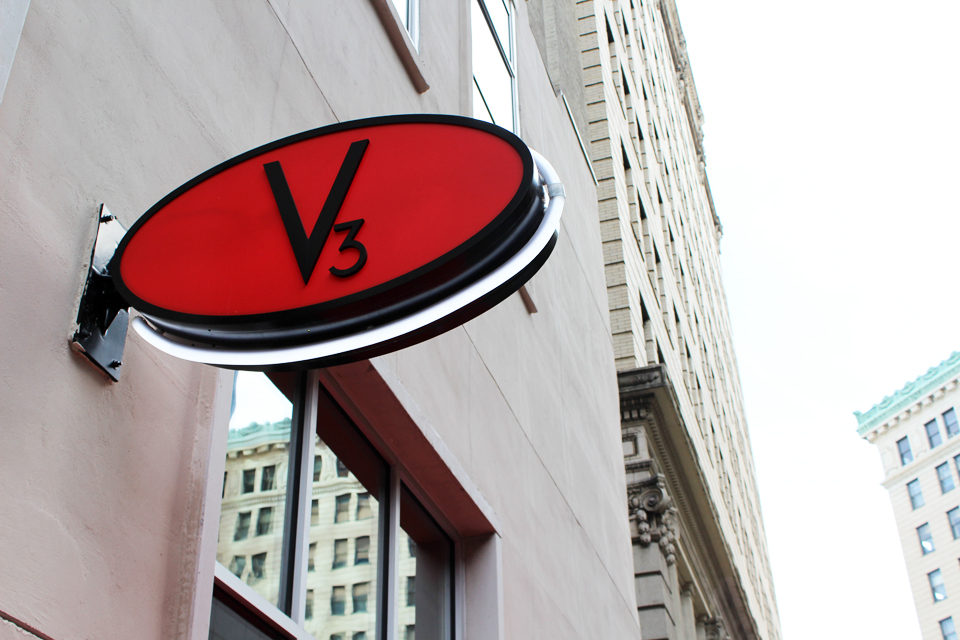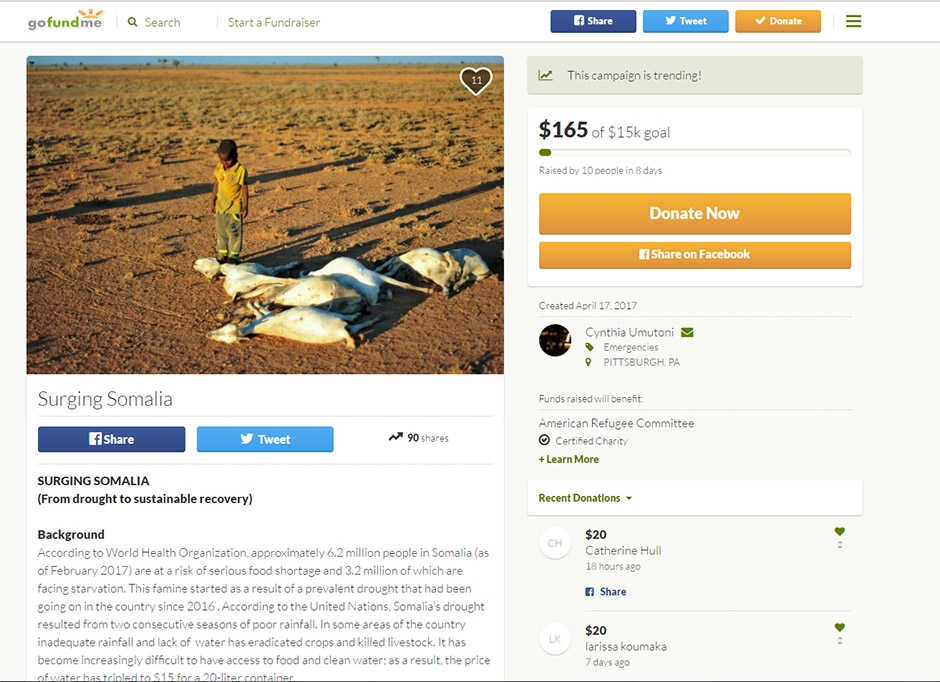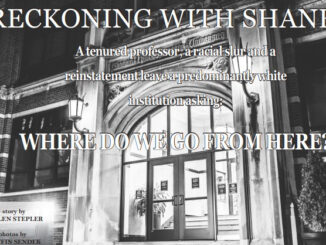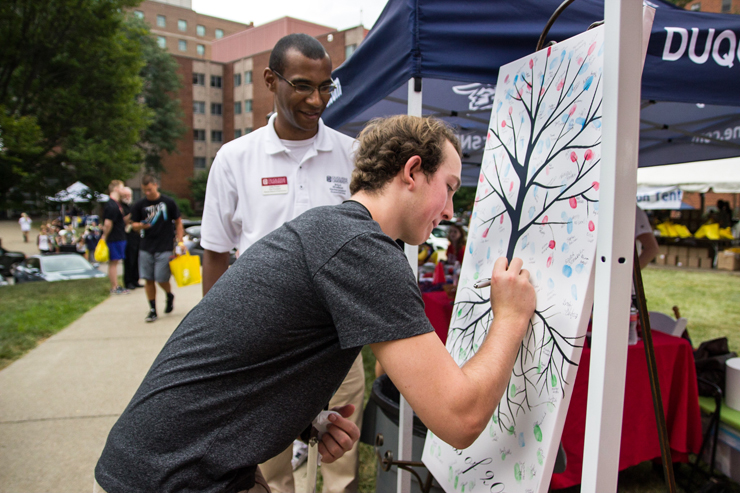
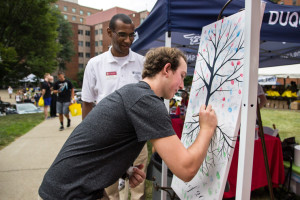
By Brandon Addeo | The Duquesne Duke
Duquesne’s mission statement puts an emphasis on maintaining an “atmosphere open to diversity.”
For Duquesne’s incoming class of 2019 – the most ethnically diverse class in university history – the campus atmosphere will be more diverse than ever before.
Of the total estimated class size of 1,431, approximately 17 percent (242) come from Asian, Hispanic or African-American backgrounds, or from two or more races, said Paul-James Cukanna, associate provost for enrollment management.
The percentage represents the highest number of minority students a Duquesne class has ever had.
A decade ago there were 97 minority students at Duquesne, Cukanna said.
Cukanna said the increase of minority students over the past decade is the result of Duquesne President Charles Dougherty’s effort to ensure that academically talented students of all social and ethnic backgrounds have access to education.
“Our institution is a more engaging and dynamic place for students to learn and live and for employees to work,” Cukanna said, “because diversity enhances the academic and social environments within our university community.”
The class of 2019 is also the fifth-largest in school history, and geographically diverse. While 70 percent of freshmen are Pennsylvania residents, the remaining 30 percent hail from 30 different U.S. states.
Also included in the incoming freshman class are international students, with some hailing from Canada, Russia, China, Kenya and Costa Rica, according to Joe DeCrosta, director of Duquesne’s international programs office.
The acceptance rate for the class was 74 percent, a “consistent” figure in recent years, Cukanna said.
This year, the McAnulty School of Liberal Arts – which received the largest number of freshman enrollees – gave prospective students the option of applying without submitting standardized test scores for the first time.
Cukanna said students who chose not to submit SAT/ACT scores were still held to high academic standards.
“They had to have a really demanding high school curriculum and at least a ‘B’ average,” Cukanna said.
Sixty-five percent of the class of 2019 is female and 35 percent is male, reflecting a nationwide trend of more women than men attending college, Cukanna said.
Eighty percent of incoming freshmen listed Duquesne as their first choice, with another 18 percent listing it as their second choice.


